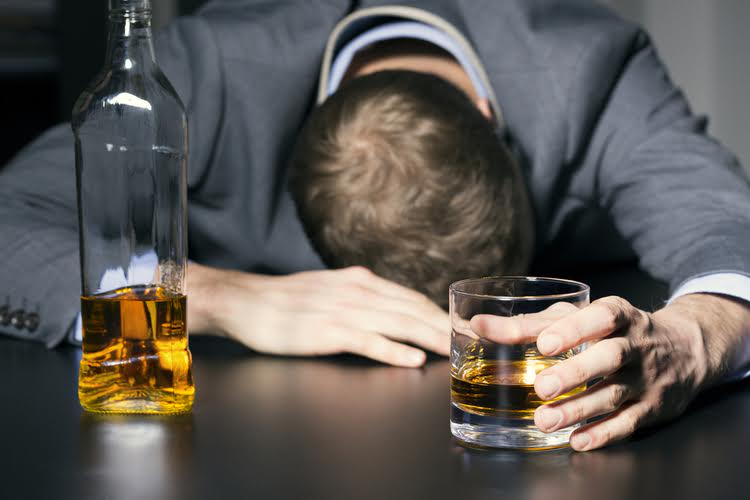Seeking medical advice is crucial to address both the bruising and any potential alcohol-related health concerns. When a person consumes alcohol, their blood vessels dilate, and this increased blood flow can lead to minor injuries becoming more noticeable bruises. Even a small bump or minor trauma marijuana addiction can cause blood vessels to burst and form a bruise. This is because alcohol interferes with the normal clotting process, thinning the blood and reducing the ability of platelets to clump together effectively.
Permanent Damage From Alcoholic Liver Disease
- If you’re having nosebleeds for no reason, if your gums bleed a lot after you brush or floss, or if small cuts or scrapes seem to bleed heavily, call your doctor.
- Always read medication labels carefully and ask your healthcare provider about safe timelines for drinking once prescriptions are completed.
- After two to three weeks of abstaining from alcohol, fatty deposits disappear and liver biopsies appear normal.
- Have you ever woken up after a night out and noticed a new pimple that seemed to pop up out of nowhere?
“Alcoholic face” is a term that’s used to describe specific facial characteristics commonly seen in those who drink regularly or excessively. Proper needle control and injection technique are integral to reducing the incidence of bruising from chin filler treatments. This includes the choice between using traditional needles and cannulas, with the latter often being preferred for their ability to navigate around vessels more effectively. If you’re concerned about your risk of cirrhosis, talk to your doctor.
Key Takeaways: Can You Drink Alcohol After A Breast Biopsy?
This makes it more likely that you will bruise after bumping into something. Alcohol also thins the blood and reduces the ability of platelets to clump together, which can lead to easier bruising and bleeding. While bruising after a night of drinking may not always signify a serious issue, chronic heavy alcohol and bruising drinking that results in frequent and easy bruising may indicate a significant health concern. If you notice unusual bruising or other symptoms like bleeding gums or nosebleeds, it is advisable to consult a doctor to rule out any underlying health problems. Continuing to drink, even when it causes health problems, is a sign of an alcohol use disorder. Someone who lives with an alcohol use disorder may experience lasting brain changes that make it difficult to stop drinking.

The Science Behind Blood Tests and Alcohol Consumption

In short, alcohol may increase your risk of experiencing gastritis and digestive symptoms. The problem is that alcohol is a wellspring of empty calories—which are calories with minimal nutritional value. Hence, consuming alcohol as your primary source of fuel will lead to poor nutrition and weight loss. Additionally, drinking can aggravate certain skin conditions, such as psoriasis and rosacea. Mast cell activation syndrome also can occur, with related symptoms and conditions that include irritable bowel syndrome, fibromyalgia, allergic responses, and other variants.
It’s best to avoid alcohol for at least hours after cheek filler injections to minimize swelling, bruising, and delayed healing. A diet rich in vitamin C, vitamin K, and zinc may support healthy blood vessels and potentially reduce the risk of alcohol-related bruising. In some cases, frequent and unexplained bruising can be a sign of an underlying health condition. Yes, alcohol can interfere with blood clotting factors, which may lead to thinner blood and an increased tendency to bruise.

Frequently Asked Questions
This can lead to increased bleeding and bruising, even from minor injuries or with no apparent cause. The blood vessels become more fragile and are more likely to break and rupture, resulting in the formation of bruises. Genetic conditions that cause you to bruise easily are often diagnosed with blood tests.
